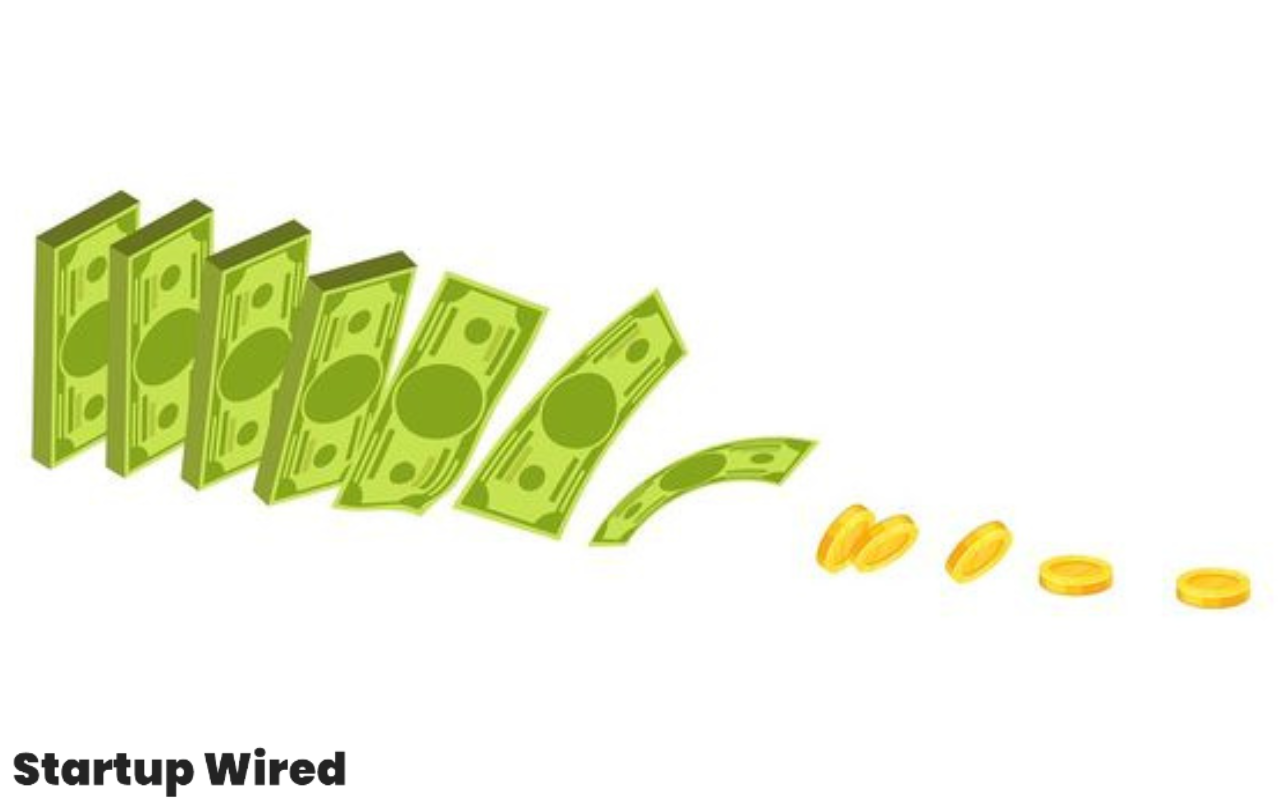As 2023 draws to a close, the Indian startup ecosystem faces a funding winter, with data from Tracxn revealing a staggering decline in investments. A total of $7 billion has flowed into Indian startups this year, marking a sharp contrast to the $25 billion recorded in 2022—a nearly 73% decrease. This funding chill has led to a consistent decline in venture capital investments since mid-2022, with Q3 2023 witnessing the lowest figures in five years.
The Funding Landscape: Q3 2023 Hits a Low Point
Quarter-on-Quarter Decline: The funding winter is evident in the quarter-on-quarter decline, with Q3 2023 being the worst in five years. During this period, Indian startups raised a total of $1.5 billion across 166 rounds, reflecting a 30% decrease from the previous quarter. The decline has persisted, with Q4 2023 projected to be the lowest-funded quarter since Q3 2016—a bleak scenario, marking the worst quarter in seven years.
Late-Stage Funding Collapse: The primary contributor to this funding slump is the collapse in late-stage funding. In 2023, startups received only $4.2 billion, witnessing a drastic 73% drop from the robust $15.6 billion recorded in 2022. Notably, the number of $100 million plus funding rounds has also plummeted, with only 17 such deals compared to 55 in the previous year.
Sectoral Resilience: Fintech, Retail, and Enterprise SaaS
Fintech Leading the Charge: Despite the overall funding downturn, certain sectors have managed to defy the chill and attract investor interest. Fintech, propelled by increasing smartphone penetration and government initiatives towards a cashless economy, has been the top-funded sector, securing $2.1 billion in funding in 2023.
Retail Sector Holding Ground: The retail sector has also weathered the winter, receiving $1.9 billion in funding. The resilience of these sectors underscores the importance of adaptability and relevance in the face of challenging economic conditions.
Enterprise SaaS has emerged as the third-highest funded sector in 2023, securing $1.56 billion in funding. The ability to offer solutions that streamline business processes and enhance efficiency has contributed to the sector’s resilience.
Changing Investment Landscape: Active Investors and Global Rankings
Most Active Investors: In the challenging funding landscape of 2023, Let’s Venture, Accel, and Blume Ventures have risen to the top as the most active investors. Their strategic moves and engagement in the startup ecosystem have helped navigate the uncertainties.
Global Ranking Shift: The funding slowdown has repercussions on India’s global standing, as it drops from 4th place in 2022 and 2021 to 5th place among the highest-funded geographies globally. The shift in rankings reflects the broader challenges faced by the Indian startup ecosystem.
Silver Linings: Emerging Sectors and Optimism for 2024
Emerging Sectors Garnering Attention: Amid the funding downturn, sectors like AI, Deeptech, Environment, Climate, and SpaceTech have attracted investor attention. SpaceTech, in particular, has experienced its best year ever, raising over $120 million in 2023. The privatization push from the government has propelled SpaceTech to new heights.
Looking Ahead to 2024: As 2023 exits with a funding slowdown, there is a silver lining in the form of emerging sectors and the resilience of certain industries. The optimism surrounding AI, Deeptech, and SpaceTech suggests that the Indian startup ecosystem is adaptable and poised for a resurgence in the coming year.
In conclusion, the funding winter of 2023 has posed challenges for Indian startups, reflecting a broader economic slowdown. However, the ability of certain sectors to weather the storm and the emergence of new frontiers in technology signal that innovation remains a driving force in the Indian startup landscape, promising hope for a vibrant resurgence in 2024.
